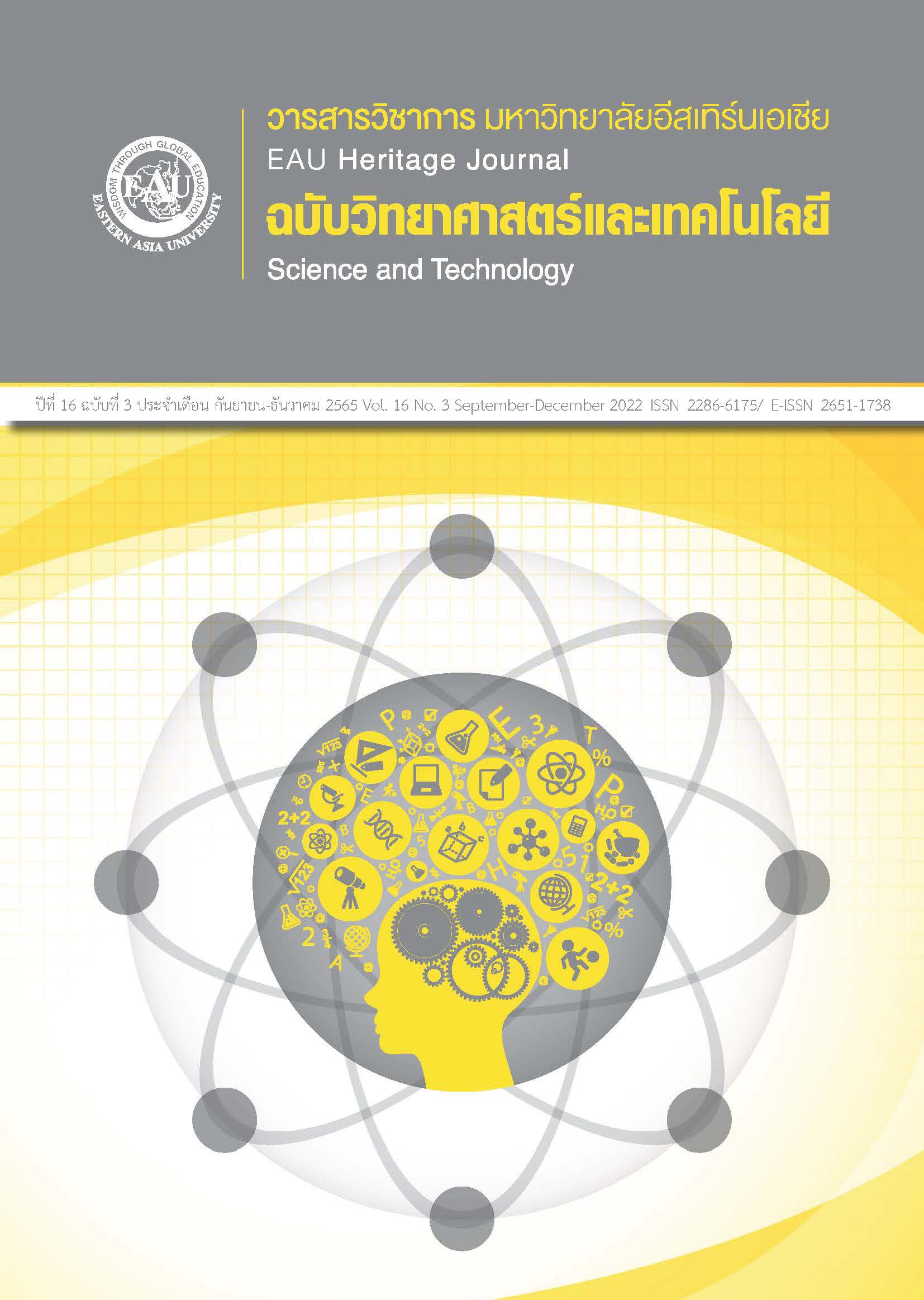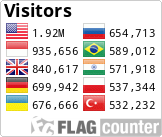การศึกษาความสัมพันธ์ระหว่างความฉลาดทางอารมณ์กับพฤติกรรมการกลั่นแกล้งทางอินเทอร์เน็ต
คำสำคัญ:
ความฉลาดทางอารมณ์, พฤติกรรมการกลั่นแกล้งทางอินเทอร์เน็ต, นิสิตพยาบาลบทคัดย่อ
การวิจัยครั้งนี้เป็นการวิจัยเชิงพรรณนา มีวัตถุประสงค์เพื่อศึกษาความสัมพันธ์และระดับความสัมพันธ์ระหว่างความฉลาดทางอารมณ์กับพฤติกรรมการกลั่นแกล้งทางอินเตอร์เน็ตของนิสิตคณะพยาบาลศาสตร์ มหาวิทยาลัยแห่งหนึ่ง กลุ่มตัวอย่าง คือ นิสิตคณะพยาบาลศาสตร์ มหาวิทยาลัยแห่งหนึ่ง ชั้นปีที่ 1-4 ปีการศึกษา 2564 จำนวน 221 คน เครื่องมือที่ใช้ในการศึกษาประกอบด้วย (1) แบบประเมินความฉลาดทางอารมณ์ของกรมสุขภาพจิต (2559) นำไปทดลองใช้กับกลุ่มตัวอย่าง (n=30) ได้ค่าความเชื่อมั่นสัมประสิทธิ์อัลฟาครอนบาค 0.634 และเมื่อนำไปใช้กับกลุ่มตัวอย่าง 221 คนได้ค่าความเชื่อมั่นสัมประสิทธิ์อัลฟาครอนบาค (actual reliability) 0.923 (2) แบบสอบถามพฤติกรรมการกลั่นแกล้งทางอินเทอร์เน็ต พัฒนามาจากศศิประภา เกษสุพรรณ์ (2562) ผ่านการตรวจสอบความตรงของเนื้อหา จากทรงคุณุฒิ ได้ค่า IOC มากกว่า 0.5 และนำไปทดลองใช้ (n=30) ได้ค่าความเชื่อมั่นสัมประสิทธิ์อัลฟาครอนบาค 0.958และเมื่อนำไปใช้กับกลุ่มตัวอย่าง 221 คนได้ค่า ความเชื่อมั่นสัมประสิทธิ์อัลฟาครอนบาค 0.956 ผลการวิจัยพบว่า กลุ่มตัวอย่างมีความฉลาดทางอารมณ์อยู่ในระดับปกติและมีพฤติกรรมการกลั่นแกล้งทางอินเทอร์เน็ตอยู่ในระดับน้อยครั้ง โดยความฉลาดทางอารมณ์มีความสัมพันธ์ทางลบกับพฤติกรรมการกลั่นแกล้งทางอินเทอร์เน็ตในระดับต่ำมาก (p<.05) ผลการวิจัยครั้งนี้แสดงให้เห็นว่าผู้ที่มีระดับความฉลาดทางอารมณ์สูงจะมีพฤติกรรมการกลั่นแกล้งทางอินเทอร์เน็ตต่ำ
เอกสารอ้างอิง
Chaiya, A. (2021). The behaviors and opinions toward the impact of online social networks of usage the nursing student, Phitsanulok Province (Master’s thesis). Naresuan University. Phitsanulok. (in Thai)
Chainwong, P., Skulphan, S., & Thapinta., D. (2020). Being cyberbullied and suicide risk among youths. The Journal of Psychiatric Nursing and Mental Health, 34(3), 133-151. (in Thai)
Department of Mental Health. (2016). EQ: Emotional intelligence. Bangkok: Department of Mental Health. (in Thai).
Electronic Transactions Development Agency. (2021). ETDA reveals the results of the 2020 IUB survey, Thai people use the internet for almost half a day which COVID-19 has contributed to this. Retrieved from https://bit.ly/3OWNq2I
Huang, Y., & Chou, C. (2010). An analysis of multiple factors of cyberbullying among junior high school students in Taiwan. Computers in Human Behavior, 26(11).1581-1590. https://doi.org/10.1016/j.chb.2010.06.005
Hinkle, D. E, William, W., & Stephen, G. J. (1998). Applied statistics for the behavior sciences (4th ed.). New York: Houghton Mifflin.
Kannasute, P. (1999). Statistics for educational research (3rd ed.). Bangkok: Chulalongkorn University Printing House. (in Thai)
Ketsuphan, S., (2019). Cyberbullying: Measurement, clustering and gender’s difference of undergraduate students. Retrieved from http://digital_collectlib.buu.ac.th/dcms/files/57920423.pdf. (in Thai)
Phaowiriya, H., Boonnate, N., Chaisena Dallas, J., & Suppaseemanont, W. (2021). Cyberbullying behavior and cybervictimization among nursing students. Nursing Journal, 48(1), 159-173. (in Thai)
Photawon, P., Pensuwan, A., & Wongpradis, S. (2014). Breathing Meditation Program and Stress Level of Nursing Students in Labor Room Practicum. The Southern College Network Journal of Nursing and Public Health, 1(2), 49-59. (in Thai)
Pothimas, N., Meepring, S., & Youjaiyen, M. (2021). The Relationship among Stress related to Online Learning, Resilience, and Coping of Nursing Students during COVID-19 Pandemic. Journal of Health and Nursing Research, 37(3),142-154. (in Thai)
Korin, R, (2018). A guideline for promoting emotional intelligence based on Buddha-Dhamma for students of Phrapariyattidhamma Schools, General Education Division, Bangkok. Retrieved from https://ethesis.mcu.ac.th/storage/toVbSplJIA1esVRi4osHg16BedXBOVlZhFh3Daw7.pdf. (in Thai)
Songthai, N., Yottavee, W., & Saengkhiew, P. (2021). Factors influencing the online learning behaviors of nursing students: The Lower Northern Region. Boromarajonani College of Nursing, Uttaradit Journal, 13(1), 198-209. (in Thai)
Tantalanukul, S., (2018). Development of instructional model with simulated situations to enhance performance in Primary Medical Care of Nursing Students. Boromarajonani College of Nursing, Uttaradit Journal, 10(Suppl. 1), 124-136. (in Thai).
Theerapong, N., & Keawkingkeaw, S. (2004). The relationship beteween emotion intelligence and human environment perception of nursing students at the clinical setting Phitsanulok Province (Master’s thesis). Naresuan University. Phitsanulok. (in Thai)
Wongsaengjun, S., & Kunarak, P., (2021). The development of student s’ digital citizenship. EAU Heritage Journal Science and Technology, 15(2), 15-28. (in Thai)
Yuvabadhana Foundation. (2021). Bullying. Retrieved from https://www.yuvabadhanafoundation.org/th. (in Thai).







